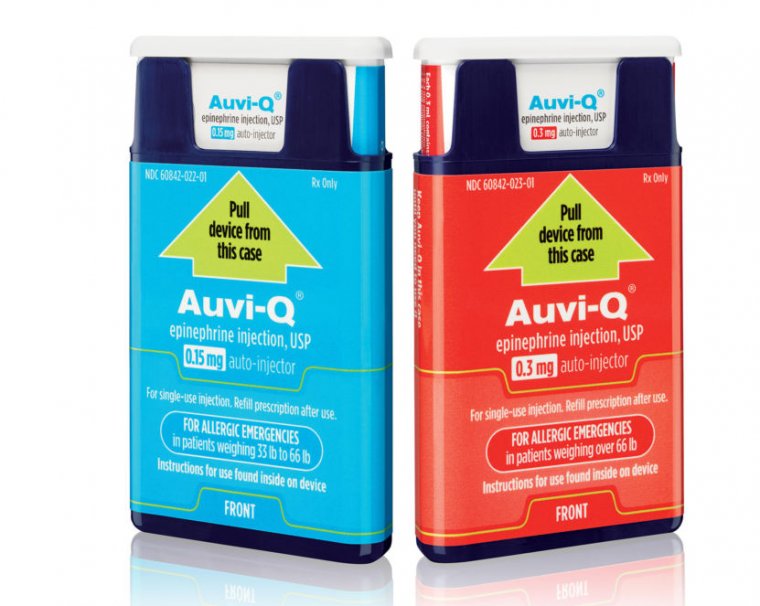Upcoming competitor to Mylan’s EpiPen has equally sleazy pricing rep
Ars Technica » Scientific Method 2016-10-30

Pharmaceutical company Kaléo will offer up an alternative epinephrine auto-injector to Mylan’s EpiPen starting in 2017, the company announced this week. Desire for such a rival has been high and widespread as patients and lawmakers have thoroughly lambasted Mylan for dramatically hiking the price of its life-saving device. But those seeking solace from the apparent greed of the pharmaceutical industry may not find it in Kaléo or its auto-injector, Auvi-Q.
Auvi-Q has been on the market before and, at times, actually had a higher price tag than Mylan’s EpiPen. Though Auvi-Q’s 2017 price has yet to be set, Kaléo’s drug-pricing track record is similar to Mylan’s. In the past few years, Kaléo has increased the price of a device used to reverse deadly opioid overdoses by more than 650 percent, in fact. And, just like Mylan, Turing, and others, Kaléo claimed that customer assistance programs and discounts would keep high list prices from affecting patients—even though those high list prices can still help drive up overall costs of healthcare.
In an e-mail exchange with Ars, Mark Herzog, vice president of corporate affairs for Kaléo, would not answer direct questions about whether the company would help bring down the inflated costs of epinephrine auto-injectors. Instead, Herzog noted that the company is “working to engage with various stakeholders, including wholesalers, insurance companies, and pharmacy benefit managers, to implement a comprehensive access program for Auvi-Q.” The company’s intention, he added, is that “any patient who needs an epinephrine auto-injector, regardless of insurance coverage, should have affordable access to Auvi-Q.”